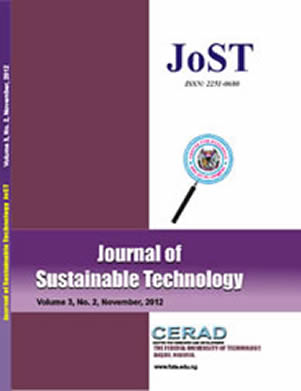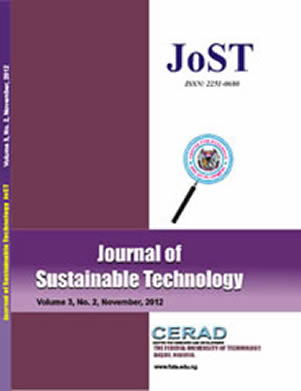Extension services have been instituted by public institutions to provide information in a language that farmers can understand and use. Investigations have revealed the ratio of extension worker to farmers in Nigeria as very low. In order to make information accessible to most farmers, Library-Extension Service Linkage model was developed. This study therefore, examines this linkage using rural farmers from Osun State, Nigeria. About 42 villages/towns were identified to be located very close to Library institutions, and out of them four villages/towns were purposively selected. This study used a three stage multi-sampling procedure, in which both purposive and simple random sampling techniques were used to select the villages/towns. Lists of farmers having access to information from extension agents, libraries and other information networks helped to select 250 respondents. Descriptive statistical tools were used to analyze the quantitative data, while Multiple Linear Regression (MLR) analysis was used to analyze the influence among variables. Mean age of respondents was 37.72 years, Modal class of ages 30-49 years. Neighbours and friends were the major (39.2%) source of agricultural information network systems of farmers in the area of study. Respondents contact with development agents like extension agents was about 60% at least once in six months, 24% with librarians and 4% with scientists/trainers from institutions. The study also shows that 91.8% of information sought after from library/librarians by farmers was met, compared with 62.3% from extension agents. For effective linkage public libraries should establish community information departments with the aim of providing information to rural users. Repackage information must be tailored to meet the information needs of rural inhabitants.
PAPER TITLE :ASSESSING THE ROLE OF LIBRARY-EXTENSION SERVICE LINKAGE FOR INFORMATION RETRIEVAL BY RURAL FARMERS I
JOURNAL Of SUSTAINABLE TECHNOLOGY | VOLUME 2 NUMBER 11 2011
Paper Details
- Author(s) : APATA, T.G
- Abstract:



